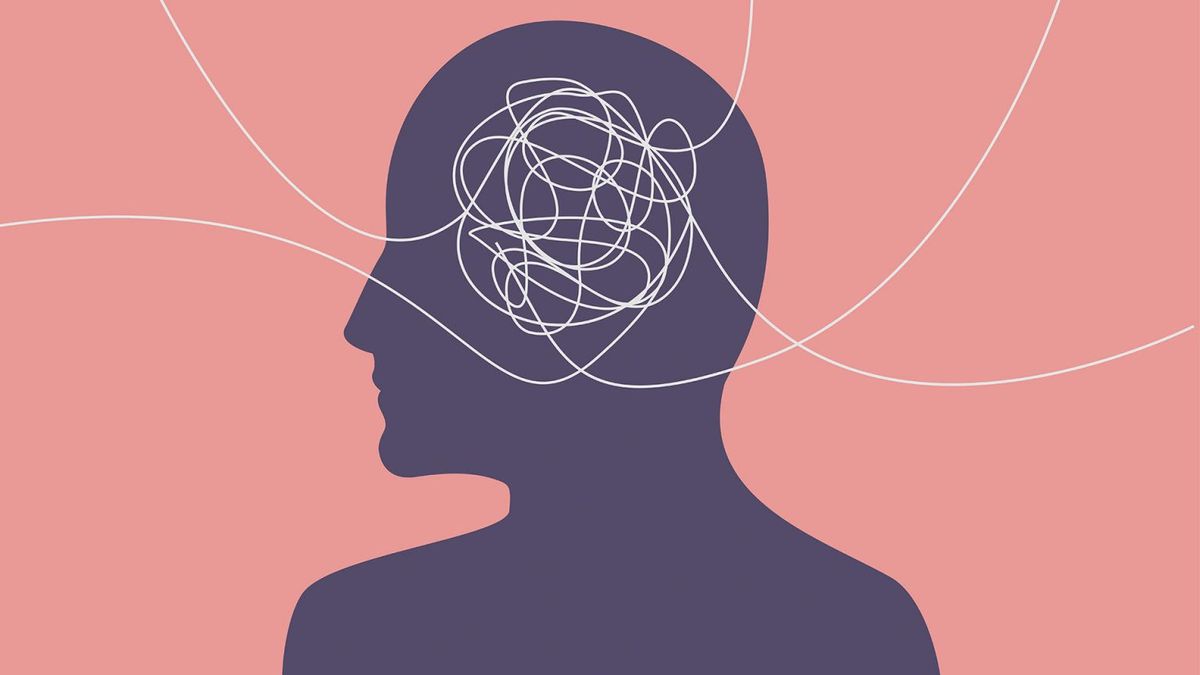Neurodiversity week

People have different physical characteristics. And if your vision works, they're easy to spot. But there are "invisible" differences between people, too. Invisible only because the naked eye cannot see them. Ultimately, physical differences mean psychological differences. Just as people have unique differences we can spot, so too do people have unique brains, personalities, and ways of being that are harder to detect. In a word: neurodiversity.
There is a range of human mental experience. That's what neurodiversity is about. Some people experience more or less anxiety than others, more or less positive emotion, and more or less interest in people, ideas, and things. Some people are social; others less so. Neurodiversity week is about bringing awareness to the range of human mental experience. This is my interpretation of neurodiversity week. And, in brief, this is my experience of being neurodiverse:
I think of mental health disorders as spectrums of “more or less”, rather than “all or nothing”. My bipolar patterns are mild, maybe around 30%. It’s not “full blown” bipolar. There’s no swinging between spending sprees and deep lows where I’m unable to get out of bed. But it’s more than nothing. And it’s still real. Mild bipolar means that when I’m going fast, I develop intense interests, set ambitious goals, have flights of ideas, am social, and have trouble sleeping. When I’m going slow, I’m more deeply emotional, struggle to make eye contact with others, want to be by myself, and feel tired. Understanding myself as “bipolar through a neurodiverse lens” helps me to notice when I’m going fast or slow.
If I know – or notice - how things are, then I’m able to do something about it. Deep breathing, hot showers, and practicing realism for when things are fast. Writing, cold showers, and telling others how I feel for when things are slow. Also, it’s about acceptance. Because there are good and bad things about it. After all, my fast bipolar causes productive bursts of energy that keep me up through the night being creative. And going slow causes strong emotion that I’ve found really helps me to connect with things like writing, music, and people. I’m thankful that it’s not more disruptive than it is, but I’m glad that it makes me who I am.
Reference
The behavioural geneticist Robert Plomin's ideas inspired most of this post. Specifically, from his work: Blueprint: How DNA Makes Us Who We Are (2018). An accessible book from someone leading in the field. To some the genetic view of life is depressing. But I find the genetic view of life to be empowering, not to mention fascinating.
